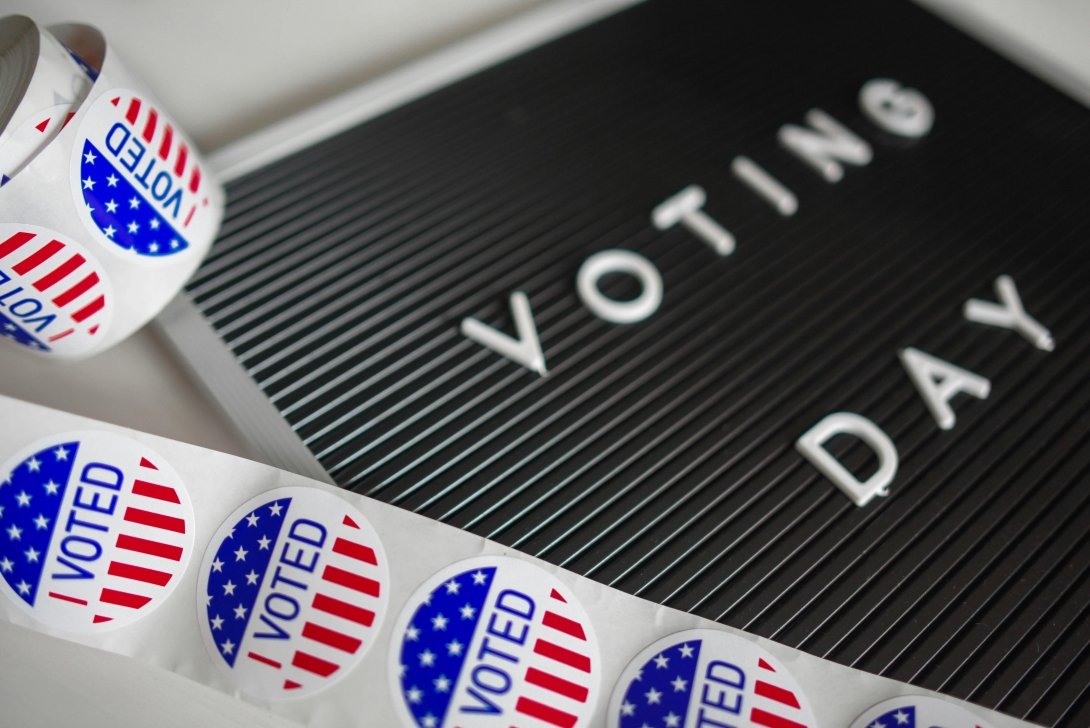We Asked. You Answered: Election Misinformation Is a Real Concern

According to a nationwide poll that Free Press commissioned, only 28 percent of all adults say they feel “very well informed” when voting in local elections
Have you ever skipped a local election because you couldn’t find any news about the candidates running?
If so, you’re not alone. Every week, at least two local newspapers shut down across the country. Of the ones that remain, many no longer have the resources to cover local elections, school-board meetings and other civic affairs. That’s left people everywhere in the dark about crucial matters that affect their communities.
According to a nationwide poll that Free Press commissioned, only 28 percent of all adults say they feel “very well informed” when voting in local elections. The numbers are even lower for Latino and Asian American/Pacific Islander (AAPI) communities.
The poll, which the African American Research Collaborative and BSP Research conducted, surveyed 3,000 people in the United States to gauge public attitudes about media and technology during an election year. The poll oversampled AAPI, Black and Latino populations, allowing for an accurate and detailed analysis of the impact of old and new communications technology on people of color.
And the findings show that Americans believe the current media and tech ecosystem is not meeting civic-information needs — or supporting a just and multiracial democracy.
A void that misinformation fills
Studies have shown that when news coverage disappears, people are less informed, civic participation drops and political corruption increases. And as people turn to social media for news and information, they are often finding misinformation instead.
The Free Press poll found that 79 percent of people from across the racial and political spectrum are concerned that the information they’re seeing online is false, fake or a deliberate attempt to confuse.
Meanwhile, 76 percent are concerned about encountering election misinformation. This worry is more than justified: A Free Press report, Democracy Deferred, shows that companies like Google, Meta, Twitter and YouTube are neglecting to stem the scourge of misinformation and hate that plagues social media during election years. (Twitter is one of the worst offenders, with owner Elon Musk himself a major vector of election misinformation.)
The situation has become so dire that 61 percent of Americans say they very often or sometimes try to fact check online information. But attempts to fact check don’t always lead users to the truth — and people shouldn’t have to go to extraordinary lengths to determine whether they can trust the information they’re seeing about an issue or candidate on the ballot.
The burden, of course, should fall on the companies themselves. Indeed, the vast majority of Americans want social-media platforms to be more accountable to their users: 71 percent say these companies should limit false or fake information about elections that could be considered anti-democratic.
Over the years, Free Press and our allies have repeatedly pushed these companies to take action on several fronts. But as our Big Tech Backslide report shows, between Nov. 1, 2022 and Nov. 1, 2023, Meta, Twitter and YouTube retreated from accountability.
During this period, these companies removed 17 policies that had guarded against hate and misinformation, limited what fact checkers can do, and stopped moderating lies about COVID and the 2020 election. Over the course of that year, the three companies also collectively laid off more than 40,000 employees and contractors, with many of those job losses occurring on essential trust and safety teams.
One remedy for the spread of misinformation
A majority of people surveyed say that having more independent news outlets could safeguard against misinformation — and is good for the health of our democracy. But as runaway consolidation continues to gut local media, it’s clear that the market alone isn’t going to provide the news and information people need.
That’s where public policy comes in: 52 percent of Americans support increasing public funding to expand local and independent news, and 60 percent believe that we should “increase funding opportunities so that there is more diversity in who owns and operates independent news and information sources.”
Free Press Action believes that trustworthy and equitable local journalism is a public good, and has long advocated for states to support it. We helped pass the bipartisan bill that created the New Jersey Civic Information Consortium, which since 2021 has invested millions of dollars in grants focused on diversifying journalism, improving government transparency, better serving communities of color and immigrant communities, and providing news on civic affairs.
Following historic steps taken not only in New Jersey but in California, New Mexico and Washington, an increasing number of state legislatures are advancing measures to support local journalism. We need these kinds of interventions to keep communities informed — and to offer an antidote to the epidemic of misinformation online.
Learn more about our poll to understand people’s beliefs about media, technology and democracy in an election year.
Help Free Press keep fighting for the just and equitable media system you deserve: Donate today.